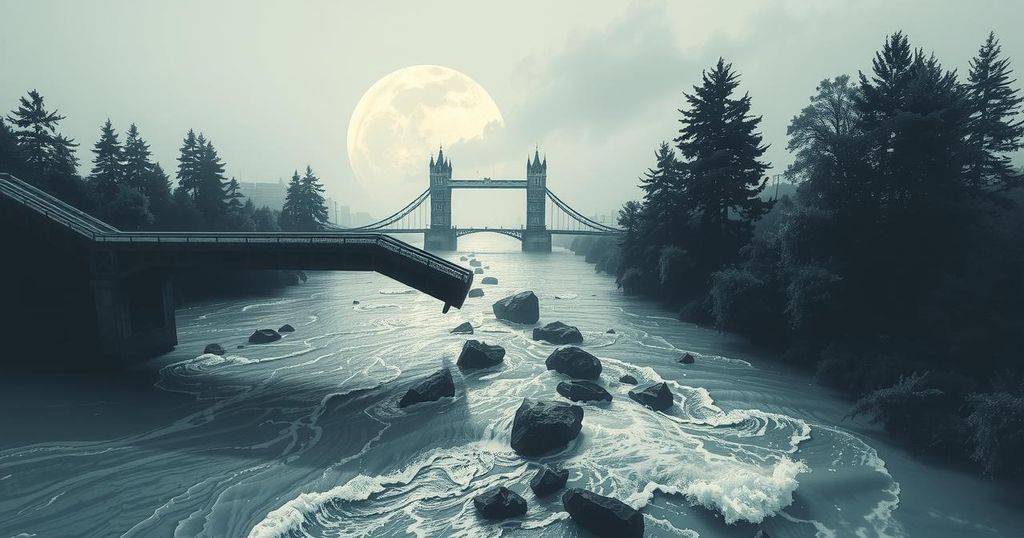Protests in Kinshasa against Rwandan President Kagame highlight accusations of Rwandan support for M23 rebels in Goma. UN experts claim Rwanda has significant control over M23 operations, with advanced military equipment and training. The conflict stems from historical tensions related to the 1994 Rwandan genocide and ongoing threats from Hutu militias in DR Congo. The situation continues to escalate despite calls for dialogue among regional leaders.
In recent events in Goma, Democratic Republic of Congo, protesters have expressed their anger towards Rwanda and its President Paul Kagame, accusing him of supporting the armed M23 rebellion. Evidence from a group of United Nations experts indicates that the Rwandan army has substantial influence over M23 operations, providing training and advanced weaponry.
The conflict in eastern DR Congo has deep historical roots, tracing back to the Rwandan genocide of 1994 which led to the refugee influx into Congo. The presence of former Hutu militia in DR Congo, now known as the FDLR, continues to pose a threat to Rwanda, prompting Kagame’s government to conduct military incursions into DR Congo, claiming protection against these groups.
The situation in eastern DR Congo illustrates the complex interplay of local and regional politics, particularly involving Rwanda’s alleged military support for M23 rebels. As the conflict continues, international observers call for negotiation, yet the historical complexities around ethnic tensions and regional security dynamics remain a significant hurdle.
Original Source: www.bbc.com






